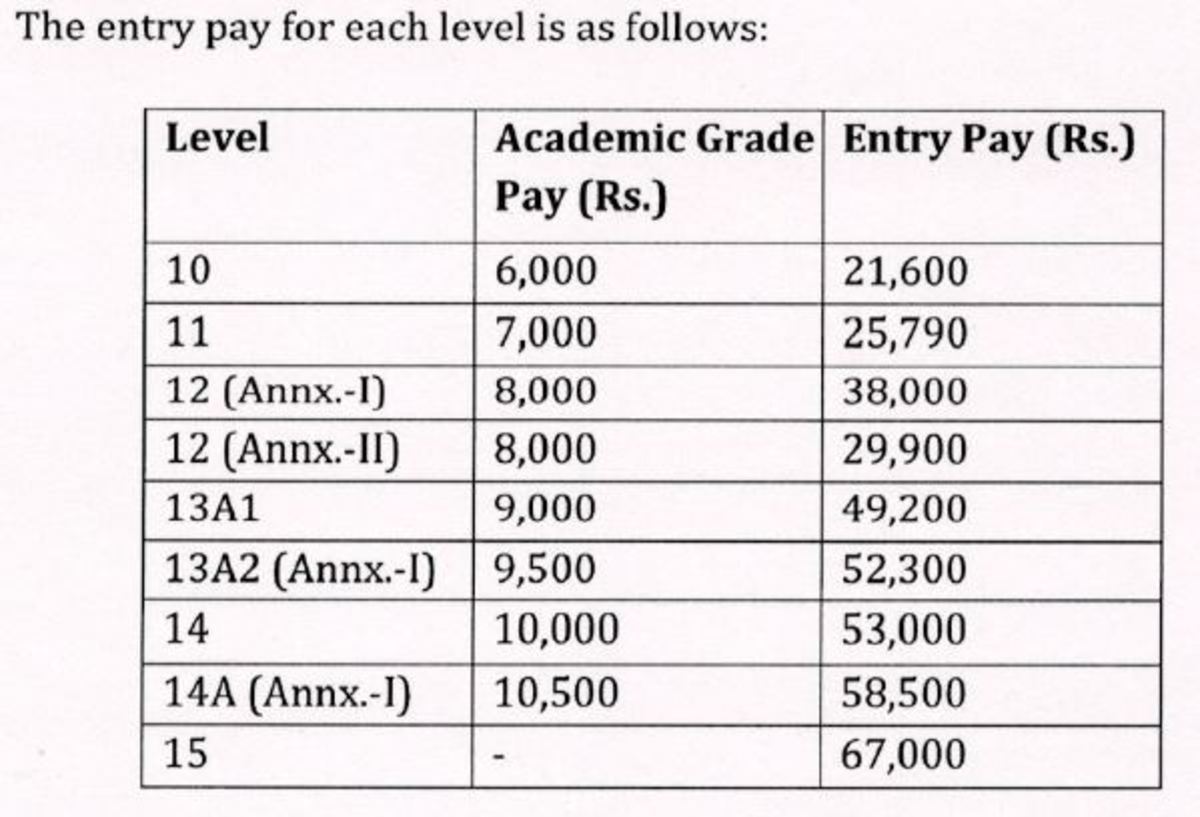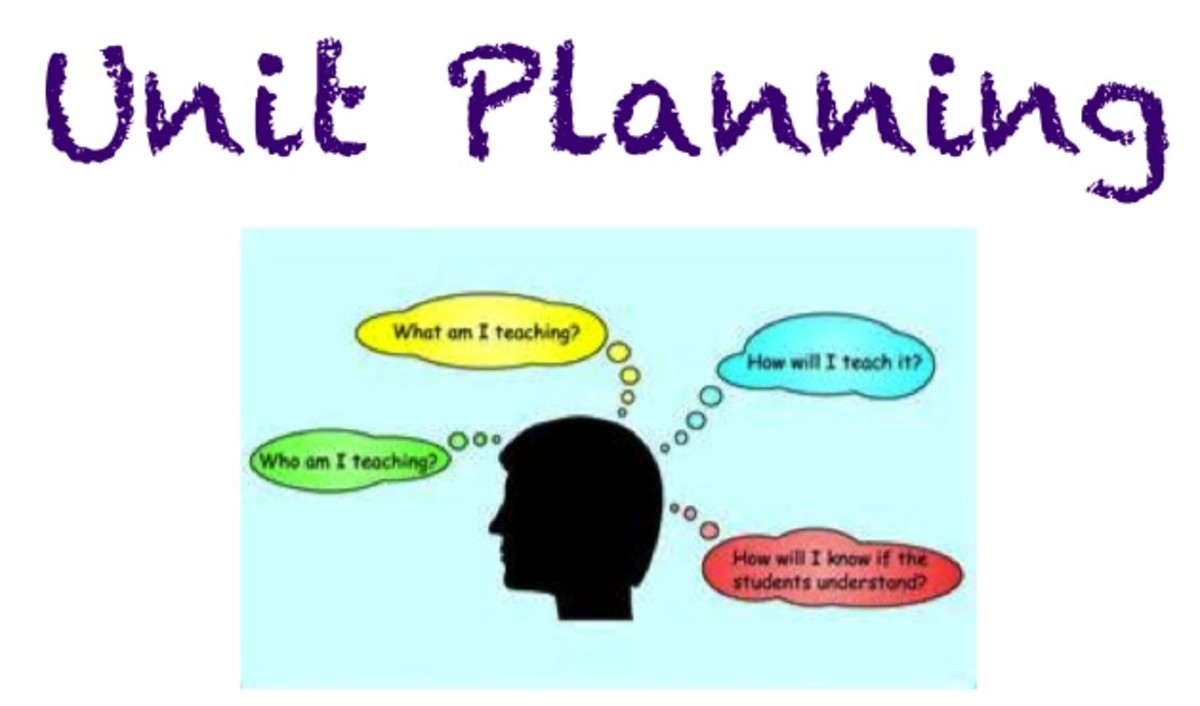Are You Sure You Want To Be a Teacher?
The things you must consider before going into the profession of teaching
With so many people leaving college with bachelor's degrees and no viable career in sight, the call to the field of education becomes tempting. I was one of those people. My undergraduate degree was in Visual Arts, and not wanting to pursue a Masters in it or do Graphic Design work professionally, I found myself looking into teaching. An alternative certification program later and now I'm in my fifth year teaching high school English.
Stable work and the high turnover rate of this profession are big temptations to go into education as a career. But, as a teacher who has seen so many leave this profession, and many run in fear when they're still student/methods teachers, I think there needs to be a better awareness of what potential future-teachers are getting themselves into. So for your benefit, here is a list of the concerns you must ponder over before entering this career path.

1. Interest in and Tolerance of Kids
Before you start, obviously you need to figure out whether or not you have the patience and natural charisma to deal with 20-40 kids in a classroom. If you are incredibly introverted and do not believe you could shake that even for your job, do not get into this profession. You have to be "ON" all the time, and yes it is exhausting.
Let's say you're sure that you love being around kids. Next you must ask yourself which age group is the best match for you. I, for instance, love young kids but I would NEVER be able to teach a classroom full of ankle biters. I have a tendency to use sarcasm and adult vocabulary and have no maternal instincts to save me if a child doesn't quite reach the bathroom in time. So, for me, I was clearly destined to be a secondary educator. Once you pick the age group that you will feel most comfortable with and will benefit the most with your social skill set, you're on your way.
Most importantly when you think of your role as an educator, despite what age group you teach, you MUST have PATIENCE to teach even the slowest of learners. There is no faster way to crush a child than to openly scoff at their struggles.
2. Organization
You must be organized for this job. I won't pretend a great deal of us don't have "organized clutter" on our desks, but we do have a system. Not only must you organize student work, but also lesson plans, misc. paperwork (discipline, the piles of pointless bureaucratic paperwork, individual assessment plans, etc), and most importantly TIME. You must always be aware of how to fill an allotted amount of time for your lessons. Fall short and there's pandemonium, go over and you have to repair the damage the next day. You can throw off an entire class of students if you do not remain vigilant and prepared at all times.


3. Extra-long hours
People usually envy a teacher's hours. We "technically" work under 40 hours a week, we get extended holidays and summer vacation,... it sounds fabulous, right? If you are an efficient and dedicated teacher, that "free time" is quite eaten up. To give you an idea from my own experience... in a given week I may spend 3 hours in faculty and committee meetings, 4-8 hours doing sponsor duties for after school extracurriculars, 2-4 hours on workshops, 3-15 hours grading, 3-10 hours planning lessons, and 2-4 hours doing homeschooling. How does that under 40 hour workweek sound now? For some of these time-eaters, especially planning lessons, after you get past the first three years, you should have a nice collection of teaching material built up so there's not nearly as much to prep for classroom materials... but regardless, it's a lot of hours of miscellaneous responsibilities.
I hope your son little Bobby doesn't mind that his mommy/daddy is always grading papers at his baseball games!

4. The Stress-factor
Oh stress, probably the biggest reason why most new teachers bail within a few years. Stress can come from rowdy kids, weak administration, teacher assessments, and pointless bureaucracy. If you are in an innercity school or most any secondary (6-12) classroom, most of your stress will likely come from the kids themselves.
I teach predominantly sophomore students, many of them repeat failure students. When you have a class of unmotivated kids who don't see a purpose in reading Shakespeare or finding perimeter, that opens up potential for misbehavior. There are battles you pick and choose, quite often you may have students who openly rebel with you (perhaps talking back to you, cursing at you... or, worst-case scenario, actually physically attacking you). I have talked to many parents who say the same phrase over and over: "I don't know how you do it; I would be fired for hitting a kid before the week is out." But that's just it, you have to maintain self-control at all times in this job. I won't pretend I haven't spent a number of days with a tension headache because of one irksome student or an entire class being too boisterous. It does happen, you have good and bad experiences with your students. If you don't think you have the tolerance to deal with all the pressure, volume, and disrespect that comes with this job, then don't put yourself through it. Almost any job out there beats teaching when it comes to being stress-friendly.

5. Innovation, Creativity, and Love of the Content
My favorite, the absolute BEST, teachers from my memories are the ones who had a passion for the subjects they taught. It didn't matter what silly new education technique they used: KAGAN, Thinking Maps, etc... it was their enthusiasm that was the biggest motivator over all. To be a capable teacher you must love what you teach and truly desire to confer that knowledge onto your students. And the next step would be to encourage your students to use higher-order thinking to take that knowledge, apply it in other ways, and gain wisdom from it on a larger scale.
I'm certified to teach Art, Social Studies, and English. I've always had the skills to teach Math as well, and I was a capable Math tutor, but my strengths in teaching lie in the Humanities. My passion is in understanding humanistic elements and ideas and what they can teach us. While I love numbers and equations, they would not spark the same sort of drive from me in the classroom. If you're planning to teach above Elementary, you need to truly know what subject sets your soul aflame to be an effective teacher.
And in that line of thought, a good teacher is innovative. You take the subject matter, your passion for it, and you need to make effective lesson plans. This also requires you to be able to assess your students, their skill level and areas of interest, and make these lesson plans work for them specifically. On top of that, to be highly effective you need to be able to alter that lesson plan to reach the slowest and quickest learner in the classroom. Copying questions and vocabulary out of a textbook week in and week out is never going to teach your students much. Even if they ace your tests, the content will not stay with them for any length of time.

6. The money
To someone just leaving college, a teacher's salary doesn't seem half bad. But, if you're raising a handful of kids with no other source of income, teaching is possibly not the best option. Educators earn some of the lowest salaries of any career path that requires a bachelors' degree. The benefits and sliding pay scales are positives for this job, but if your school system is in debt you may lose even those incentives. And right now, many school systems are feeling the economic crush that is hitting the nation in so many areas.
Another financial crisis on the horizon in many school systems is merit-based pay. Higher ups think that a teacher's pay can and should be based on student standardized test scores. The United States has never been more obsessed with standardized tests, after all our SCHOOLS are judged through them as well, and now many want to decide your fiscal earnings based on your students' scores. The problem is that this is not feasable given the variety of factors that are in the mix: the success of previous educators, student achievement level, lexile score, etc. This topic is becoming more and more of a hot button issue, so it may be something you'll have to face later down the line.
* * * * *
In closing, teaching is a labor of love. It must be in you, this desire to spread knowledge. I feel it is a calling for me as I've taught or tutored since the age of 16 and missed it whenever I stopped doing it.
If you are a new college student considering Education, I've given you fair warning. Your courses do NOT prepare you for actually teaching in any real sense. Your first student teaching experience will be your first real lesson. Remember, teenagers smell fear... I'm sure it's a nicer experience for primary educators.
If you have a non-Education Bachelors like I do, there are numerous alternative education programs available around the US. If you cannot find one in your area, just go into a Masters Education program. They are available at most any college since many teachers do go back for a Masters to receive a pay increase.
If you have any specific questions, the comments are below! I've also included some great books for new educators.







